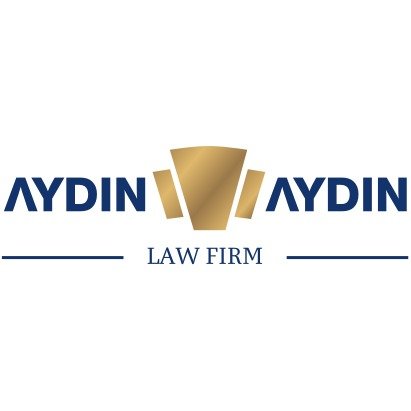Best Tax Lawyers in Ankara
Share your needs with us, get contacted by law firms.
Free. Takes 2 min.
List of the best lawyers in Ankara, Turkey
About Tax Law in Ankara, Turkey
In Ankara, Turkey, tax laws are managed by the central Turkish government. They include income tax, corporate tax, value added tax (VAT), special consumption tax, and various other taxes and duties levied on transactions and services. Turkish tax laws are complex and can have significant consequences for both individuals and businesses if not handled correctly.
Why You May Need a Lawyer
There can be several situations where you might require the services of a lawyer proficient in Turkish tax law. If you're running a business, acquiring property, inheriting wealth, or dealing with complex financial transactions, understanding and complying with Turkish tax laws can be very challenging. In such scenarios, having legal help will ensure you adhere to the rules and avoid any potential penalties or legal issues.
Local Laws Overview
In Ankara, and throughout Turkey, income from both inside Turkey and internationally is subject to taxation if the taxpayer is a resident of Turkey. For non-residents, only income derived within Turkey is taxable. Also, there are tax incentives available for investments and operations in certain sectors and regions. Companies are subject to corporate tax and residents to progressive income tax on their income and other earnings, while VAT is applicable to the sale of goods and services.
Frequently Asked Questions
1. What is the corporate tax rate in Turkey?
The standard corporate tax rate in Turkey is 20% on net corporate profits.
2. How is income tax calculated?
Income tax rates in Turkey are progressive, ranging from 15% to 40% depending on the level of income.
3. Are there any tax incentives for foreign investors?
Yes, Turkey offers several types of tax incentives to attract foreign investment, depending on the sector and region of operation.
4. How is VAT calculated in Turkey?
VAT in Turkey is calculated as a percentage of the taxable amount, which varies from 1%, 8%, and 18% depending on goods or services.
5. What happens if one fails to pay their taxes in Turkey?
Failure to pay taxes in Turkey can lead to penalties including fines and potentially legal action. If you are having difficulty paying your taxes, it is important to seek legal assistance sooner rather than later to mitigate any potential consequences.
Additional Resources
For further information and resources, you can refer to the official website of the Turkish Revenue Administration (Gelir İdaresi Başkanlığı) and the Ankara Chamber of Commerce (Ankara Ticaret Odası). For legal advice, contact a local law firm specializing in tax law.
Next Steps
If you need legal assistance with Turkish tax law, consider contacting a local tax lawyer or law firm. A professional can help you understand and navigate the complex tax landscape in Ankara, offering guidance tailored to your specific situation. You can also directly approach the Turkish Revenue Administration with your concerns.
Lawzana helps you find the best lawyers and law firms in Ankara through a curated and pre-screened list of qualified legal professionals. Our platform offers rankings and detailed profiles of attorneys and law firms, allowing you to compare based on practice areas, including Tax, experience, and client feedback.
Each profile includes a description of the firm's areas of practice, client reviews, team members and partners, year of establishment, spoken languages, office locations, contact information, social media presence, and any published articles or resources. Most firms on our platform speak English and are experienced in both local and international legal matters.
Get a quote from top-rated law firms in Ankara, Turkey — quickly, securely, and without unnecessary hassle.
Disclaimer:
The information provided on this page is for general informational purposes only and does not constitute legal advice. While we strive to ensure the accuracy and relevance of the content, legal information may change over time, and interpretations of the law can vary. You should always consult with a qualified legal professional for advice specific to your situation.
We disclaim all liability for actions taken or not taken based on the content of this page. If you believe any information is incorrect or outdated, please contact us, and we will review and update it where appropriate.















